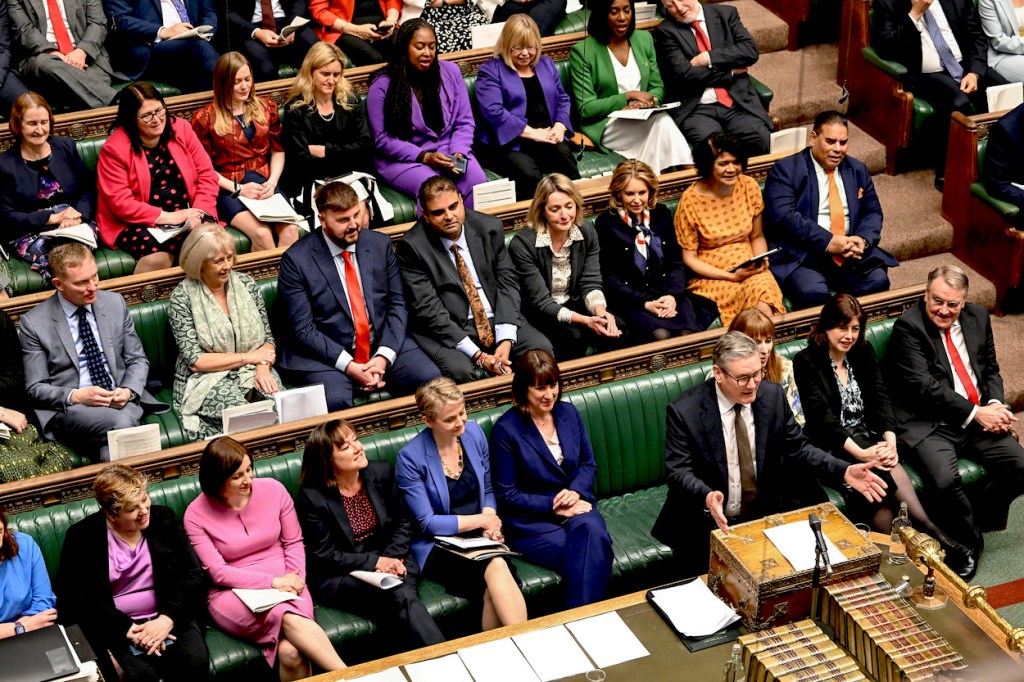India is bracing for a potential military confrontation with Pakistan after a deadly terrorist attack on tourists in India-administered Kashmir left 26 people dead, triggering a wave of national outrage and sharpening regional tensions. The assault – described by authorities as the deadliest attack on civilians in the region in recent years – claimed the lives of 25 Indian nationals and one foreigner. While no group has claimed responsibility, Indian officials have pointed fingers across the border, reigniting old hostilities between the two nuclear-armed neighbours.
Addressing a rally in Bihar, Indian Prime Minister Narendra Modi, speaking unusually in English, delivered a fiery speech signalling retaliation. ‘India will identify, trace, and punish every terrorist and their backers. We will pursue them to the ends of the Earth,’ he declared, amid chants of nationalist slogans. Bihar is due to hold state elections later this year.
Within India, political rhetoric has turned sharply nationalistic
In the immediate aftermath, India expelled Pakistani diplomats, suspended a World Bank-brokered water-sharing agreement under the Indus Waters Treaty, and closed a key border crossing. The measures mark a sharp escalation in a conflict that has simmered since the partition of British India in 1947. ‘This attack is much larger than anything we’ve seen directed at civilians in recent years,’ said Omar Abdullah, the region’s former chief minister.
The violence has triggered a new wave of unrest in Kashmir, a Himalayan region divided between India and Pakistan but claimed in entirety by both. It has sparked panic among tourists, thousands of whom have begun to flee the Kashmir Valley. Meanwhile, reports have surfaced of Kashmiri students facing intimidation and attacks from right-wing Hindu groups in several Indian cities. Lalit Sharma, a leader of the Hindu Raksha Dal, was filmed warning students in north Indian state of Uttarakhand to leave or ‘face the action you can’t imagine’.
Within India, political rhetoric has turned sharply nationalistic. Critics say Modi’s Bharatiya Janata party (BJP) has framed dissent as disloyalty, branding opponents of its Pakistan policy as traitors. Parveen Dhonti, a senior analyst with Crisis Group, said:
Prime Minister Modi is under immense pressure to retaliate with a military strike. The public expectations are set according to the hostile rhetoric from the government against Pakistan. This government is big on optics and would be compelled to carry out a limited operation that must be more consequential than the air strikes in 2019, to address the anger of its supporters. The threshold for strategic restraint will keep increasing.
In 2019, India launched air strikes on what it claimed were terrorist camps in Balakot, inside Pakistani territory. Pakistan responded with its own strikes, downing an Indian jet and capturing a pilot before releasing him a day later in a gesture meant to de-escalate tensions.
Since then, India has significantly boosted its military capabilities, acquiring French-made Rafale fighter jets and the Russian S-400 air defence system. But experts warn that any military action this time must be carefully calibrated.
‘There’s a very high likelihood of India using military force,’ said Arzan Tarapore, a research scholar at Stanford University’s Center for International Security and Cooperation. ‘But the most important factor here will be target selection, and how that plays into an Indian theory of victory. Will India strike terrorist targets or Pakistan army targets? Will it seek to destroy tangible capabilities or generate risk in the mind of the adversary?’ Tarapore added.
India and Pakistan have long clashed over Kashmir, a region both control in parts. The two countries fought wars over it in 1947, 1965, and 1999. In August 2019, the Modi government revoked the region’s semi-autonomous status, detained thousands, and clamped down on civil liberties, claiming the move would bring peace.
While the Indian government has said that militancy has since declined amid a heavy military presence, attacks have continued to plague the region, sparking unrest and protests. Today, an Indian Army para commando was killed by the separatist militants in an ongoing counter-insurgency operation in Indian administered Kashmir. These latest attacks suggest deep unrest remains.
‘This government has painted itself into a corner with little room for manoeuvring due to its ideological approach to bilateral relations with Pakistan,’ said Dhonti. ‘Diplomatic options don’t have the same placating effect on the public psyche as military action does.’
With growing pressure on Modi to attack Pakistan, which has long been accused of supporting the separatist militants in Indian-administered Kashmir, the Indian Defence Minister Rajnath Singh said, ‘The perpetrators of such acts will receive a fitting response, and that response will be clearly seen in the near future.’
Pakistan, for its part, has warned that any effort to block its access to water under the Indus Waters Treaty would be considered an act of war. ‘We will respond with full force across the entire spectrum of national power,’ said a statement from Pakistan’s National Security Committee, chaired by Prime Minister Shehbaz Sharif and attended by top military officials.







Comments